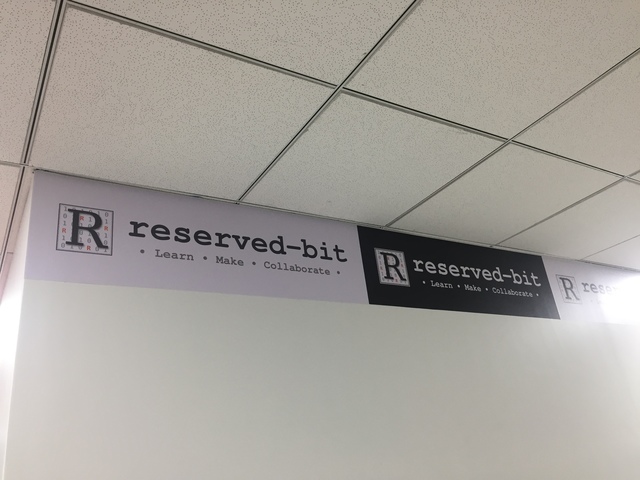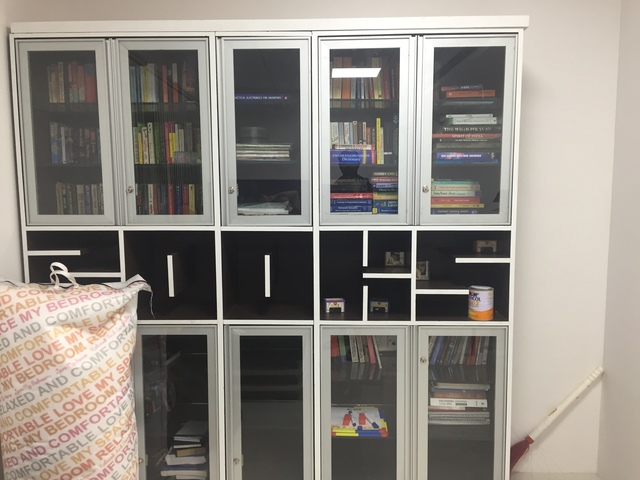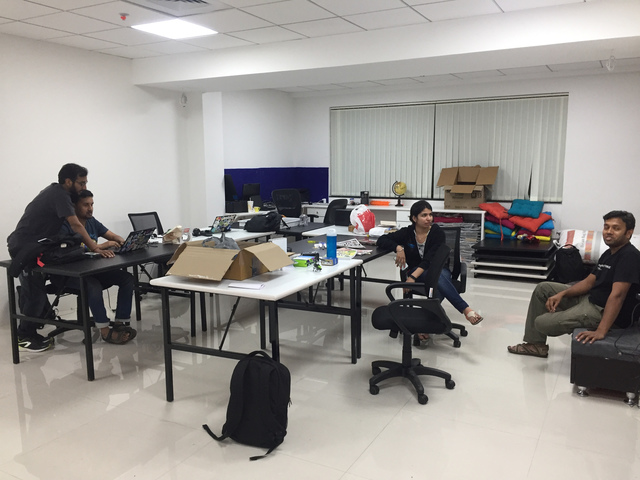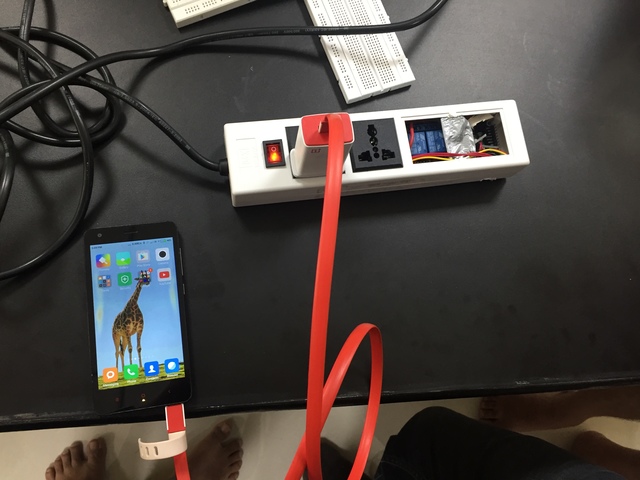More than 10 years back, I met some genius minds from CCC Berlin at foss.in,
Harald Welte, Milosch
Meriac and Tim
Pritlove. I was in complete awe
mode by seeing the knowledge they have, by looking at how helpful they are.
Milosch became my mentor, and I learned a lot of things from him, starting from
the first steps of soldering to how to compile firmware on my laptop.
In 2007, I visited Berlin for LinuxTag. I was staying with Milosch & Brita. I
managed to spend 2 days in the CCC Berlin and that was an unbelievable
experience for me. All of the knowledge on display and all of the approachable
people there made me ask Milosch about how can we have something similar? The
answer was simple, if there is no such club/organization, then create one with
friends. That stayed in my mind forever.
In 2014, I gave a presentation in Hackerspace Santa Barbara, thanks to Gholms.
I also visited Hackerspace SG during
FOSSASIA 2015 and made many few friends. I went back to the
Hackerspace SG again in 2016 after dropping our bags at the hotel, I just fall
in love with the people and the place there.
Meanwhile, over the years, we tried to have a small setup downstairs in the
flat where Sayan and Chandan used to live. We had our regular Fedora meetups
there, and some coding sessions for new projects. But it was not a full-time
place for everyone to meet and have fun by building things. We could not afford
to rent out space anywhere nearby, even with 4-5 friends joining in together. I
discussed the dream of having a local hackerspace with our friends, Siddhesh
and Nisha Poyarekar, and that made a difference.
Birth of Hackerspace Pune

Nisha went ahead with the idea and founded https://reserved-bit.com, a
hackerspace/makerspace in Pune. Last month I had to visit Kolkata urgently, it
also means that I missed the initial days of setting up space. But as soon as
we came back to Pune, I visited the space.

It is located at 337, the Amanora Chambers, just on top of the East Block at
Amanora Mall. The location is great for another reason - if you are tired of
hacking on things, you can go down and roam around in the mall. That also means
we have Starbucks, KFC, and other food places just downstairs :)

There are lockers available for annual members. There is no place for cooking,
but there is a microwave. You can find many other details on the website. For
now, I am working from there in the afternoons and evenings. So, if you have
free time, drop by to this new space, and say hi :)
 Note1: Today we are meeting there at 3pm for the PyCon Pune volunteers meet.
Note1: Today we are meeting there at 3pm for the PyCon Pune volunteers meet.






 Note1: Today we are meeting there at 3pm for the PyCon Pune volunteers meet.
Note1: Today we are meeting there at 3pm for the PyCon Pune volunteers meet.